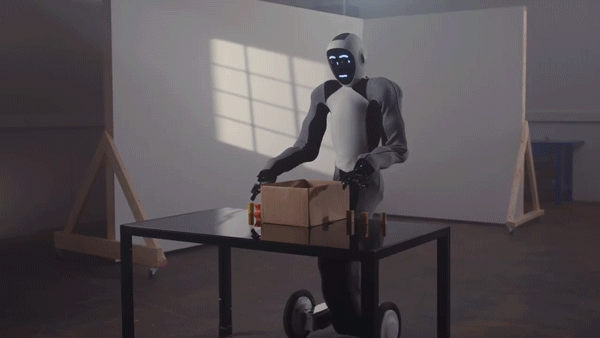What is artificial intelligence (AI)?
Artificial intelligence leverages computers and machines to mimic the problem-solving and decision-making capabilities of the human mind,
While a number of definitions of artificial intelligence (AI) have surfaced over the last few decades, John McCarthy offers the following definition in this 2004 paper (PDF, 106 KB) (link resides outside IBM), " It is the science and engineering of making intelligent machines, especially intelligent computer programs. It is related to the similar task of using computers to understand human intelligence, but AI does not have to confine itself to methods that are biologically observable."
While a number of definitions of artificial intelligence (AI) have surfaced over the last few decades, John McCarthy offers the following definition in this 2004 paper (PDF, 106 KB) (link resides outside IBM), " It is the science and engineering of making intelligent machines, especially intelligent computer programs. It is related to the similar task of using computers to understand human intelligence, but AI does not have to confine itself to methods that are biologically observable."
However, decades before this definition, the birth of the artificial intelligence conversation was denoted by Alan Turing's seminal work, "Computing Machinery and Intelligence" (PDF, 89.8 KB) (link resides outside of IBM), which was published in 1950. In this paper, Turing, often referred to as the "father of computer science", asks the following question, "Can machines think?" From there, he offers a test, now famously known as the "Turing Test", where a human interrogator would try to distinguish between a computer and human text response. While this test has undergone much scrutiny since its publish, it remains an important part of the history of AI as well as an ongoing concept within philosophy as it utilizes ideas around linguistics.
Stuart Russell and Peter Norvig then proceeded to publish, Artificial Intelligence: A Modern Approach (link resides outside IBM), becoming one of the leading textbooks in the study of AI. In it, they delve into four potential goals or definitions of AI, which differentiates computer systems on the basis of rationality and thinking vs. acting:


















